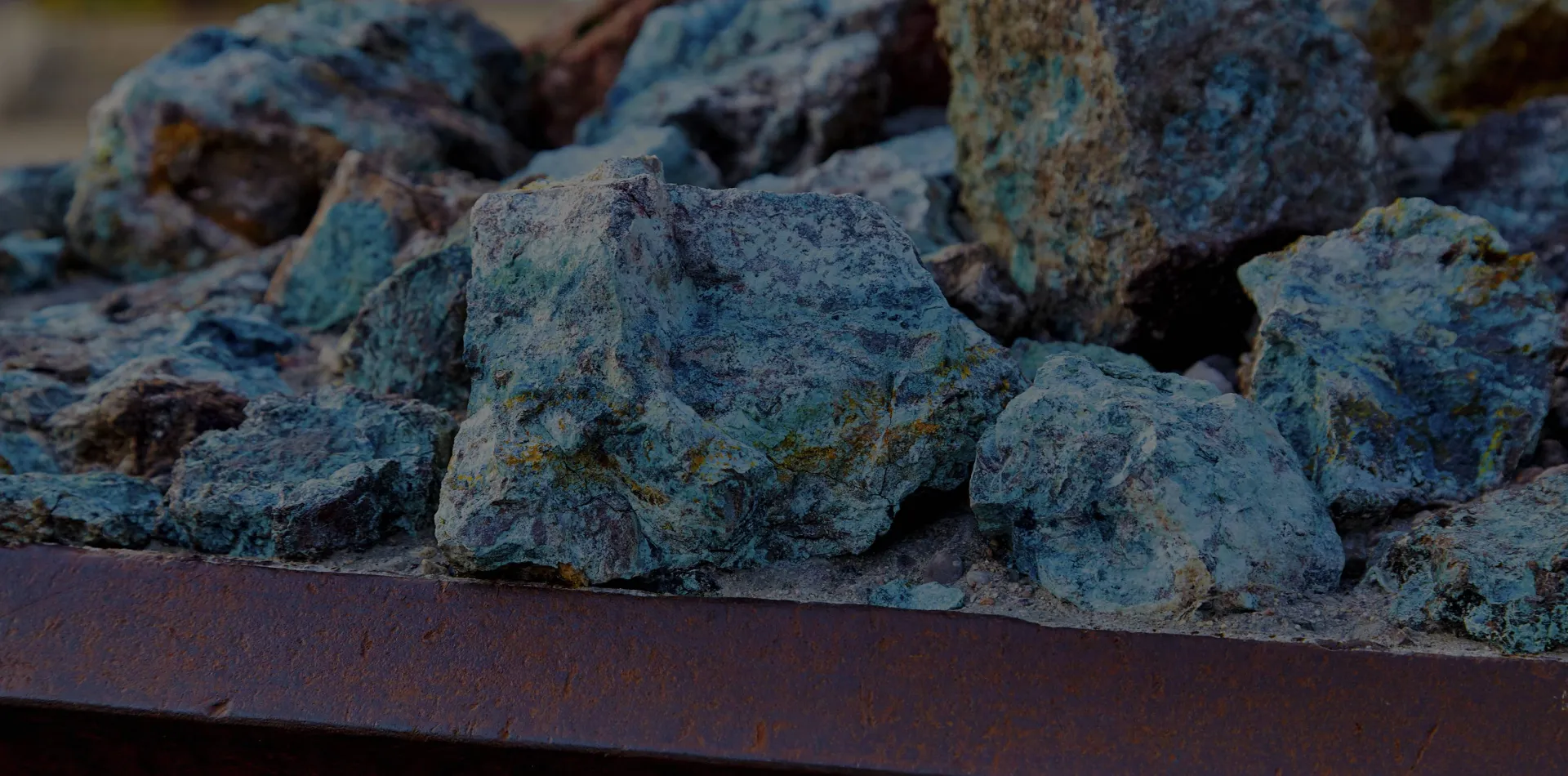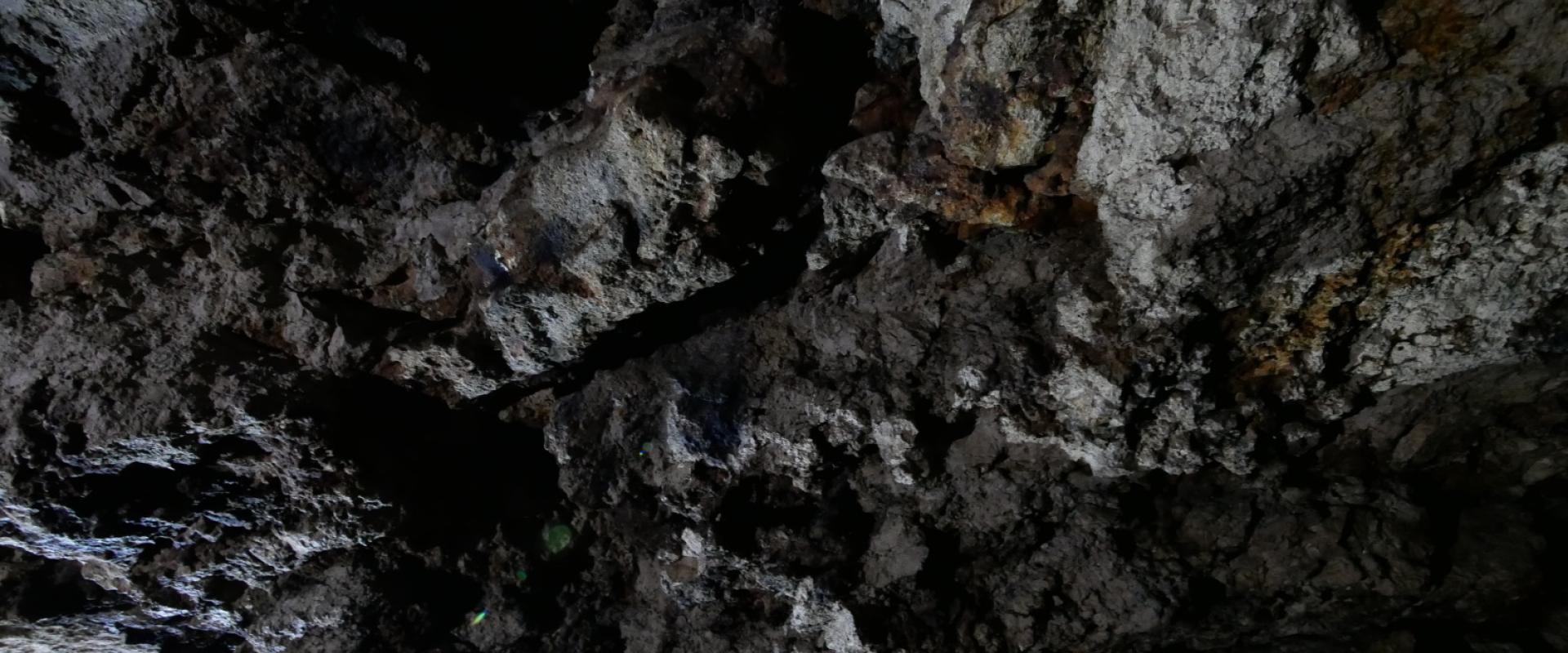Collective Sessions and Key Meetings
Collective sessions will include meetings with major players in the mining industry in Australia, such as BHP, Rio Tinto, and Fortescue, as well as in Indonesia, with companies like BHP PT ANTAM, PT Vale Indonesia Tbk, Harita Nickel, and Eramet. These meetings will take place in Sydney and Perth, the Australian mining capital, as well as in Jakarta, where the headquarters of major Indonesian mining groups are located. The program also includes visits to mining sites in the Pilbara region of Western Australia and the eastern part of the Indonesian archipelago. Additionally, B2B meetings will be organized during both stages, along with participation in the IMARC trade show in Sydney, which focuses on the mining cycle in Australia.
Focus on Australia
Driven by a favorable economic and geopolitical context, Australia aims to position itself as a global leader while modernizing its mining sector. Currently, the country is experiencing significant momentum, with its industry being strategic and subject to strong international competition. Moreover, although China is its main trading partner, Australia seeks to diversify its relationships with other allied countries. Australia possesses the second-largest rare earth reserves globally, just behind China, and is the leading producer of lithium, bauxite, and iron ore. It also ranks second in gold production and third in coal and manganese.
In this context, the Australian mining industry is undergoing a true green revolution, with the adoption of technologies aimed at modernizing the sector. More environmentally friendly extraction and waste management processes are being implemented. Giants like BHP, Rio Tinto, and Fortescue are investing heavily in new technologies and sustainable energy solutions to optimize each step of the critical minerals and metals value chain. For example, Rio Tinto has committed €7 billion to decarbonizing its operations.
However, 80% of Australia’s territory remains unexplored, and many mining opportunities are yet to be discovered. With this in mind, the Australian government plans to increase rare earth production to 250,000 tons by 2030, representing a substantial increase of 66%.
The French government is committed and involved alongside energy companies following a meeting between Australian Prime Minister Anthony Albanese and Emmanuel Macron in 2022.
In December 2023, Catherine Colonna, Minister for Europe and Foreign Affairs, visited Australia to discuss strategic topics such as critical minerals with her counterpart, Penny Wong. This commitment aims to strengthen bilateral relations to help Australia achieve net-zero emissions by 2050 while ensuring France a secure supply of critical minerals and metals.
Focus on Indonesia
As a vast archipelago rich in natural resources, Indonesia has a highly significant mining sector. This resource is essential for the prosperity of its economy and its strategy for upgrading the domestic value chain. Indonesia's goal in the coming years is clear: to become a global production hub for electric vehicles as well as solar panels, for which critical minerals are essential components.
In 2022, the mining sector made a substantial contribution to the country's economy. The Central Statistics Agency (BPS) reports that exports of mining products and others increased by 71.22% compared to previous years.
Multiple Resources and Ambitious Policies
Indonesia stands out as the world's leading producer of nickel, with total production estimated at 1.6 million metric tons (MMT) in 2022, accounting for nearly 48.48% of total global production. The country also ranks fifth in the world for bauxite production, ahead of India and Brazil, with a volume of approximately 21 MMT in 2021, according to the USGS report. The archipelago is also rich in other resources such as cobalt, copper, and gold.
The Indonesian government is implementing an ambitious policy to capitalize on its mineral resources and develop downstream industries. However, Indonesia faces challenges, such as the need to map certain minerals and the lack of skills and technologies for extraction and refining.
Mines currently attract the most investments, offering opportunities for collaboration with French companies and exploring business potential with Indonesian and foreign mining operators.

